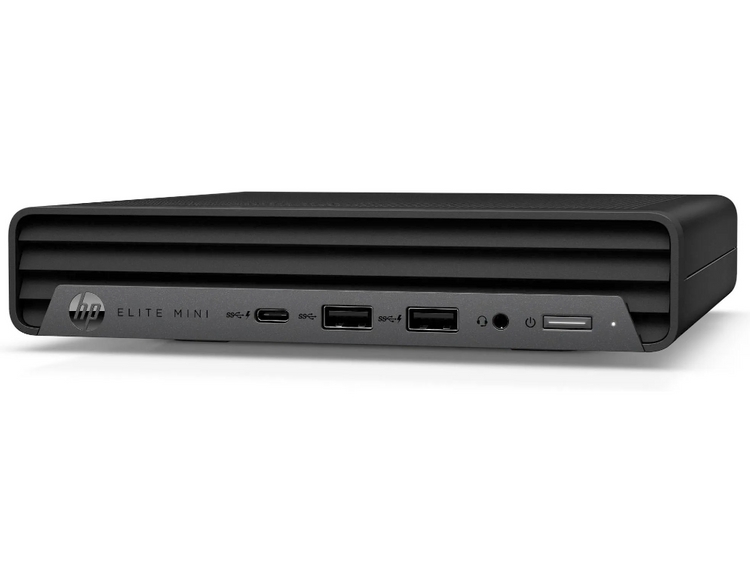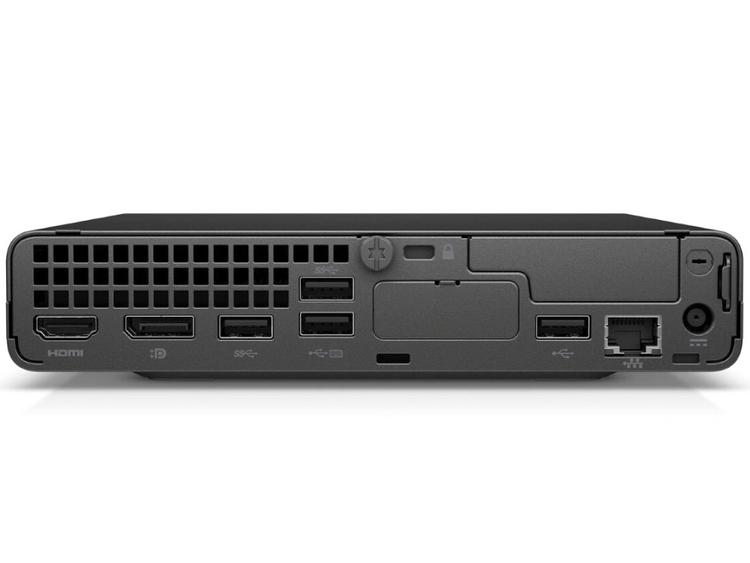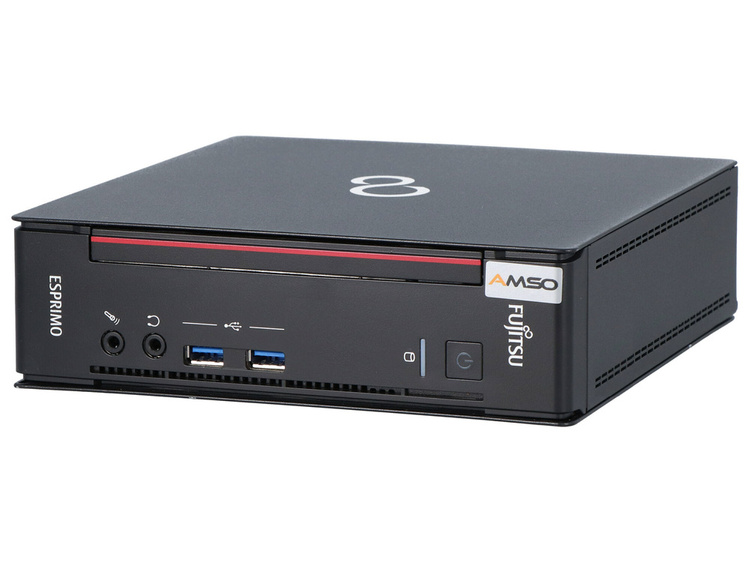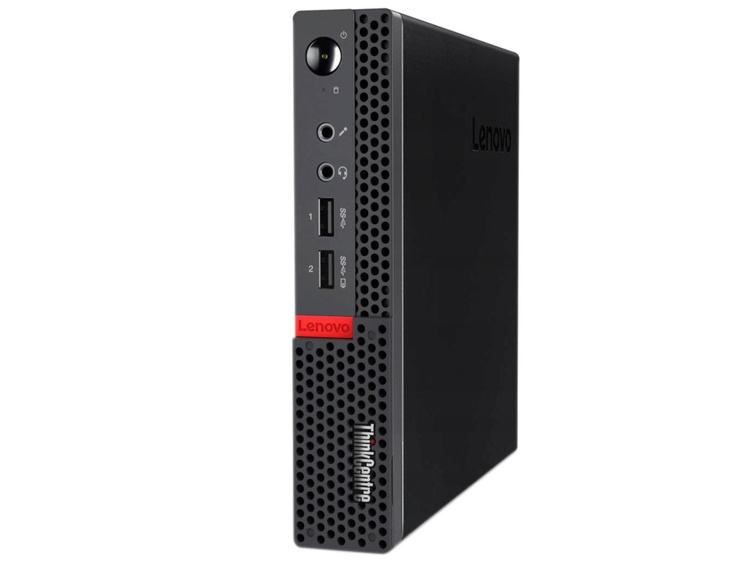Microcomputers - what are they and what are they used for? Practical applications in 2025
What is a microcomputer?
A microcomputer is a small, energy-efficient device with powerful computing capabilities. Unlike a classic desktop computer, it takes up little space, yet allows you to perform everyday tasks - from browsing the Internet to controlling intelligent systems.
We offer Intel NUC, Fujitsu, HP and Dell microcomputers, which combine compact design with full PC functionality. As a result, everyone can find a microcomputer to suit their needs - from office work to educational projects or a multimedia center.

Why are microcomputers gaining popularity in 2025?
Microcomputers are becoming increasingly popular due to a combination of:
- performance - Intel, AMD processors and modern chips from Fujitsu, HP or Dell,
- compact size that allows you to put them in almost any place,
- low power consumption, ideal for round-the-clock operation,
- expandability, such as RAM, SSDs, additional ports.
This makes microcomputers suitable for home, office, education or small industrial projects.

Who are microcomputers for?
Microcomputers work well in many applications:
- 👨💻 For programmers and IT students - ideal for learning coding, system testing and educational projects.
- 🏠 For home users - perfect as a quiet office computer, media center or home server.
- 💼 For businesses and offices - Fujitsu, HP and Dell microcomputers are great for information kiosks, point of sale, POS systems and office automation.
The variety of brands allows you to choose a device to suit your needs - from miniature, low-power Intel NUC units to more powerful Fujitsu or HP office PCs.

The most popular applications of microcomputers - in practice
Controlling a smart home (smart home)
Microcomputers can act as a smart home control panel, controlling lighting, blinds or heating. This can make everyday activities automatic - for example, the lights turn on before you enter the room, and the temperature adjusts to the time of day.
Mini NAS and cloud servers
A microcomputer allows you to create a private file server or home cloud. It's a convenient solution for storing photos, videos and documents, with access from any device in the house - without using paid online services.
Media players and entertainment center (Kodi, Plex)
Connected to a TV, a microcomputer can turn an ordinary screen into a media center. It plays movies, music and photos from local drives or networks, creating a mini home theater.
Surveillance and security systems
Microcomputers can act as surveillance systems in the home or office. They record video from cameras and send alerts to your phone if motion is detected - all at a low hardware cost.
IoT projects and industrial process automation
Microcomputers work well in IoT projects, controlling devices and collecting data from sensors. They are a simple and cost-effective solution for small educational experiments, smart systems in companies or process automation.
Popular microcomputers
Advantages of microcomputers
The biggest advantage of microcomputers is compactness. They often fit in the palm of your hand, yet offer the full functionality of a desktop computer. Other advantages:
- very low power consumption,
- quiet operation,
- full PC functionality in a small form factor,
- easy RAM and SSD expansion,
- wide selection of brands - Intel NUC, Fujitsu, HP and Dell.
This makes micro-computers ideal for those looking for mobile, powerful and versatile hardware.

Summary - small computer, big possibilities
Intel NUC, Fujitsu, HP and Dell microcomputers are viable alternatives to classic PCs. They work well for work, study and entertainment, and their increasing performance in 2025 makes them a piece of hardware worth considering. If you want a compact, energy-efficient and versatile computer, the microcomputer will be an ideal choice.